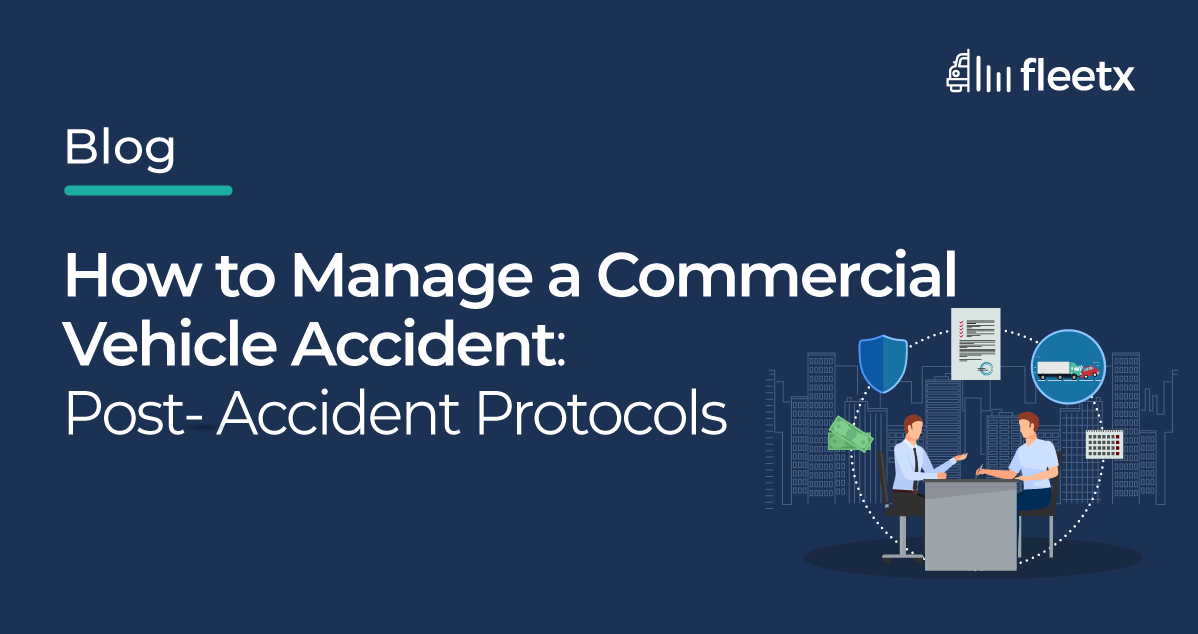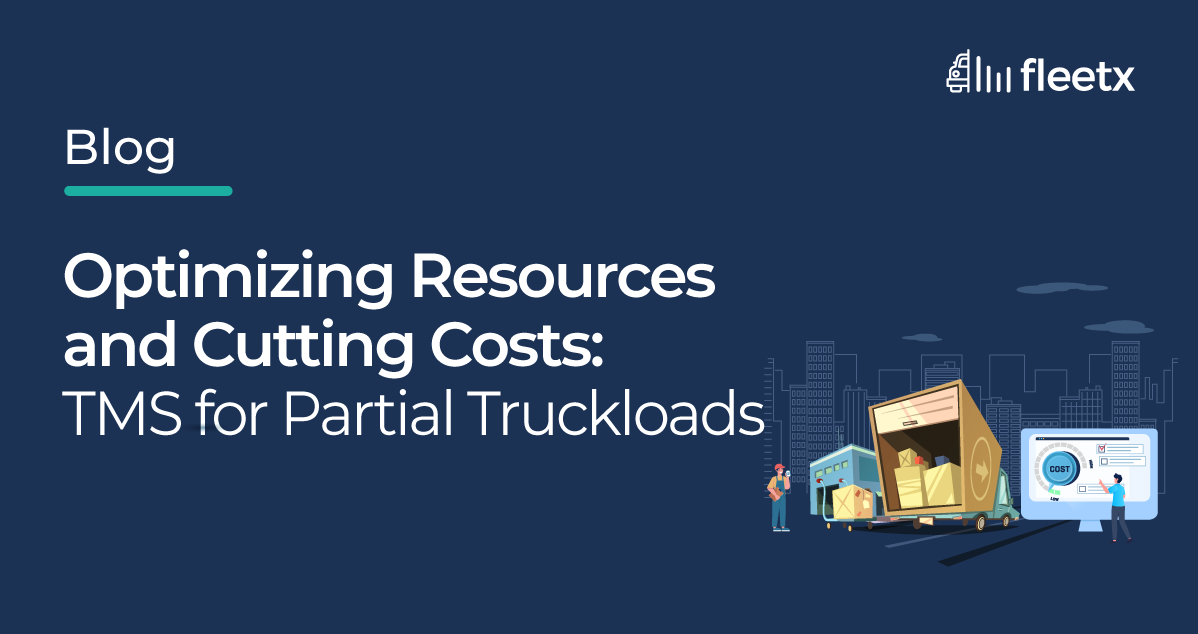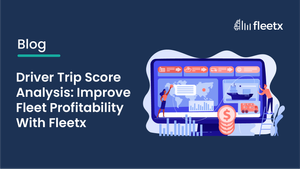
In the unfortunate event of an accident, ensuring the safety of your vehicles and drivers is paramount. Accidents can happen despite our best efforts, but what sets a good fleet manager apart is their ability to efficiently manage the aftermath. In this article, we'll delve into the post-accident protocols that are essential for fleet managers to know in India.
Immediate Safety Measures
When an accident occurs, the first priority is always the safety and well-being of your drivers and that of all involved parties. If possible, move the vehicles to a safe location to prevent further accidents or traffic disruptions. Check for injuries and provide medical assistance if necessary. Contact emergency services.
Ensure that fleet drivers are aware of the necessary steps to take immediately after an accident:
- Check for Injuries: Instruct your drivers to check themselves and others for injuries. If anyone is injured, seek medical attention promptly.
- Secure the Scene: If it's safe to do so, move the vehicles out of traffic to prevent further accidents. Turn on hazard lights and place warning triangles to alert other drivers.
- Call the Authorities: In India, it's essential to report any accident to the nearest police station. Your driver should call the local police and provide them with all necessary information.
- Vehicle Towing and Repairs: Arrange for towing services if the vehicles are not drivable. Ensure that the towing service is reputable and licensed. Coordinate with nearby repair shops for vehicle inspections and necessary repairs. Keep records of all repair invoices and receipts for insurance purposes.
Reporting the Accident
After ensuring safety, the next step is to properly report the accident. Accurate documentation is crucial for both legal and insurance purposes:
- FIR (First Information Report): In India, an FIR is essential for all accident cases. You and/or your driver should visit the nearest police station and file an FIR. Make sure they provide detailed information, including the location, time, and nature of the accident.
- Notify the Company: Drivers involved in accidents should contact their fleet manager immediately and provide all relevant details. Quick communication allows the company to take appropriate action promptly.
- Document Evidence: Encourage drivers to take photographs of the accident scene, vehicle damage, and any injuries. This documentation can be valuable during insurance claims and legal proceedings.
- Exchange Information: Exchange contact and insurance information with the other parties involved in the accident. This includes names, addresses, phone numbers, vehicle registration numbers, and insurance details. Avoid admitting fault or making any statements that could be construed as an admission of guilt.
Legal Recourse and Liability
When a commercial vehicle accident occurs in India, it triggers a complex legal process that involves multiple stakeholders, including victims, vehicle owners, insurance companies, and the judiciary. Understanding the legal recourse available to all parties involved is crucial for a fair and just resolution:
- Filing Insurance Claims: Victims of commercial vehicle accidents in India have the right to file insurance claims to seek compensation for injuries and property damage. These claims typically fall under two categories: third-party claims and own-damage claims.
- Third-Party Claims: These claims are filed against the insurance policy of the at-fault party (usually the commercial vehicle owner). Victims can seek compensation for medical expenses, property damage, and other losses.
- Own-Damage Claims: Commercial vehicle owners can file own-damage claims to cover the cost of repairing or replacing their vehicles. This applies when the vehicle is damaged due to an accident, irrespective of fault.
Consequences of Non-Compliance:
Non-compliance with legal obligations following a commercial vehicle accident can have serious consequences. Failure to report an accident to the authorities, provide accurate information, or cooperate with investigations can result in the following legal penalties:
- Criminal Liability: If a commercial vehicle owner or driver is found negligent, reckless, or in violation of traffic laws, they may face criminal charges. This can lead to fines, imprisonment, or both.
- Civil Liability: Parties found liable for the accident may be required to pay compensation to victims for medical expenses, property damage, lost income, and pain and suffering.
- Insurance Consequences: Non-compliance with insurance requirements, such as providing false information or failing to report an accident promptly, can result in insurance claims being denied, leaving the vehicle owner responsible for all costs.
Post-Accident Analysis
After the immediate aftermath is managed, conduct a thorough analysis of the accident. Identify the root causes, if possible, and determine if there were any system failures or lapses in established safety protocols. Implement corrective measures or additional training to prevent similar accidents in the future.
Navigating the post-accident process in commercial vehicle operations is challenging but essential. Additionally, integrating smart fleet management solutions into these practices can provide real-time insights, actionable data, and automated safety alerts to further strengthen your safety protocols.
To Sum Up
Maintain open communication with all parties involved, including drivers, insurance providers, and legal representatives. Promptly inform your fleet management team of developments.
Provide support to your drivers, especially if they are affected emotionally or psychologically by the accident.
Remember, safety and responsibility are key in managing accidents effectively. Be proactive in training your drivers, have a clear protocol in place, and collaborate with your insurance partners to streamline the post-accident process. In doing so, you not only protect your assets but also your reputation as a responsible and reliable fleet management company in India.






